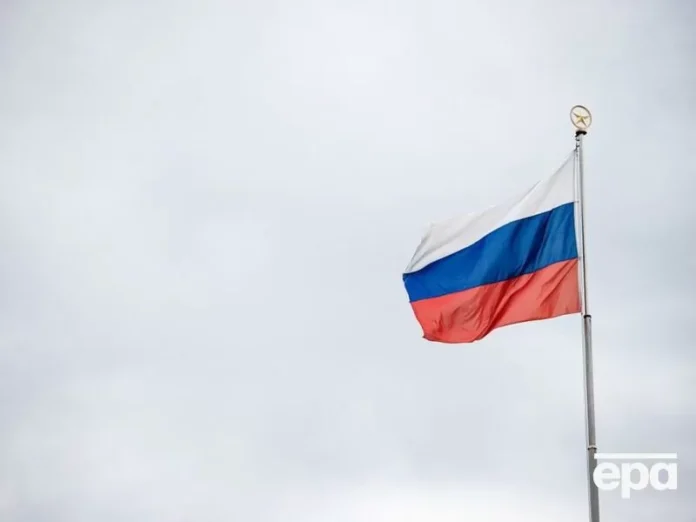The upcoming European Parliament elections have been met with a surge of fear and intimidation tactics from Russia, according to a recent report by Bloomberg on May 9. This alarming trend has raised concerns about the interference of foreign powers in the democratic process of European countries.
With the European Union facing unprecedented challenges, the upcoming elections serve as a crucial opportunity for citizens to choose their representatives and shape the future of the EU. However, as the election date draws closer, there has been an increase in reported cases of intimidation, disinformation, and cyber attacks, attributed to Russia.
One of the most concerning tactics is the use of disinformation campaigns to sway public opinion and influence the outcome of the elections. According to the EU’s security agency, the East StratCom Task Force, which monitors Russian disinformation efforts, there have been numerous instances of false information being spread on social media platforms with the aim of discrediting certain candidates or political parties. This is a blatant attempt to manipulate the democratic process and undermine the trust in the EU institutions.
Moreover, there have been reports of cyber attacks targeting political parties and candidates in various European countries. These attacks aim to steal sensitive information and disrupt the campaigns, potentially giving an advantage to certain parties or candidates. The European Commission has warned that these attacks pose a serious threat to the integrity of the elections.
In addition to these tactics, there have also been reports of physical intimidation and harassment of candidates and their supporters. In some cases, Russian officials have been accused of meddling in the affairs of European countries by openly supporting certain candidates or parties. This blatant interference in the internal affairs of other countries is a violation of international norms and undermines the principles of democracy.
The timing of these actions is not coincidental. With the European Parliament elections being held on May 23-26, it is clear that Russia is trying to influence the outcome of the elections and further its own agenda. This is not the first time that Russia has been accused of meddling in the elections of other countries. In 2016, it was accused of interfering in the US presidential election, and in 2017, it was accused of meddling in the French presidential election.
The Russian government has denied these accusations, calling them baseless and claiming that they are part of a larger anti-Russian campaign by the West. However, the evidence presented by various EU institutions and member states suggests otherwise.
The EU has taken steps to counter these threats and safeguard the integrity of the elections. The European Commission has launched a campaign to raise awareness about disinformation and has implemented measures to strengthen the cybersecurity of its institutions. Member states have also been urged to step up their efforts to protect their electoral systems.
Despite these efforts, it is crucial for European citizens to remain vigilant and not give in to fear and intimidation. The EU is built on the principles of democracy, and it is the responsibility of every citizen to protect and defend these values. The upcoming elections should serve as a reminder of the importance of democratic processes and the need to safeguard them from external interference.
In conclusion, the surge of fear and intimidation tactics from Russia on the eve of the European Parliament elections is a cause for concern. The EU must remain united and take a strong stance against these attempts to undermine its democratic processes. It is imperative that the EU and its member states continue to work together to protect the integrity of the elections and ensure that the voices of European citizens are heard. Let us not allow external powers to dictate the future of the EU.

